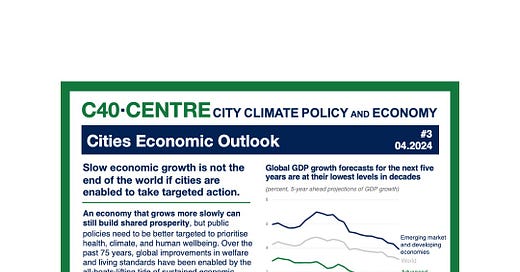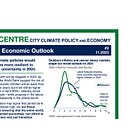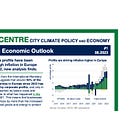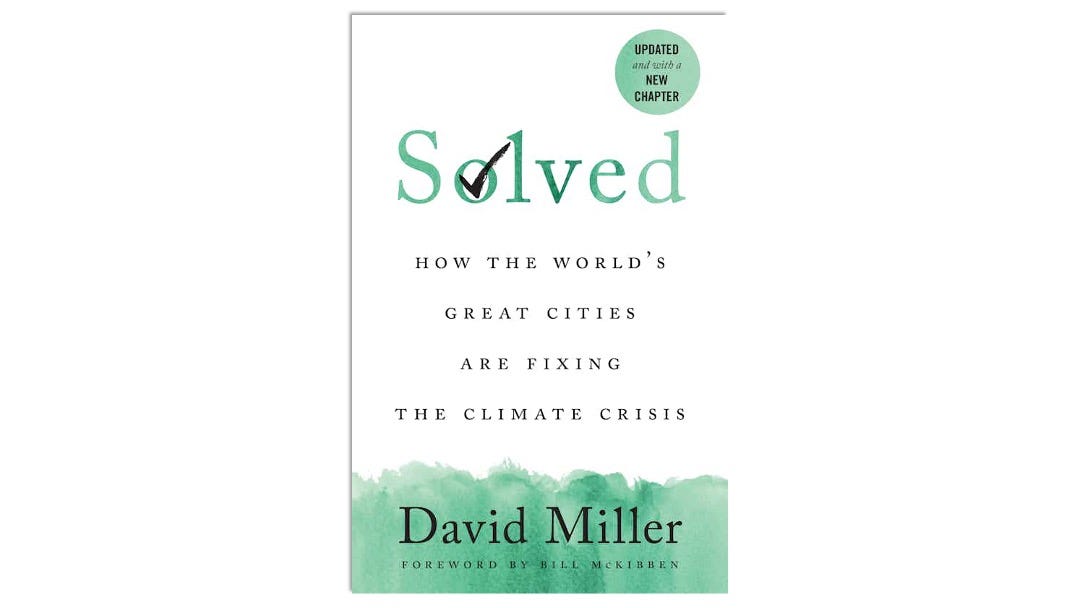Cities Economic Outlook #3: prosperity-centred policies for a slower growth world
The all-boats-lifting tide of economic growth is going out, the IMF warns. City policies should focus explicitly on raising prosperity, which can happen in a slower growth world too.
Welcome to another issue of the C40 Centre for City Climate Policy and Economy’s Cities Economic Outlook, our one-page brief exploring global economics trends and their implications for cities.
🐢 Slower, but intentional
This issue focuses on the more intentional policy decisions needed to increase prosperity in a slow-economic-growth world. In recent weeks, both the World Bank and the International Monetary Fund (IMF) published analysis identifying the drivers of slower economic growth and describing their nature. Both institutions recommend complex and politically arduous policies that countries can consider to bolster their economic growth prospects.
The Cities Economic Outlook is based on the same slow economic growth diagnosis offered by the World Bank and the IMF, but suggests an alternative path. By explicitly measuring prosperity (which in different contexts we may refer to as welfare, wellbeing, happiness, etc.), we may be able to devise policies that are intentionally aiming to improve people’s lives, rather than doing so as a consequence of growing the size of the economy. This would likely be less damaging to the planet too.
We know this shift towards more intentional policies is possible—and it is already happening—in many cities. We suggest that we learn from the example of these leading cities, rather than pin our hopes on future technological advancements that may be greatly beneficial, but whose effectiveness and impact are still highly uncertain.
You can read our analysis and recommendations in full here:
🗃️ Previous issues of the Cities Economic Outlook:
📚 What I am reading
The whole C40 Centre team is looking forward to the updated paperback edition of
’s Solved: How the World’s Great Cities Are Fixing the Climate Crisis. The book demonstrates that the initiatives cities have taken to control the climate crisis can make a real difference in reducing global emissions if implemented worldwide. Intrigued? Thought so. You can read an excerpt at this link.The new edition will be published on Earth Day, 22 April 2024. You can pre-order it from your favourite bookseller or directly from the publisher’s website.







